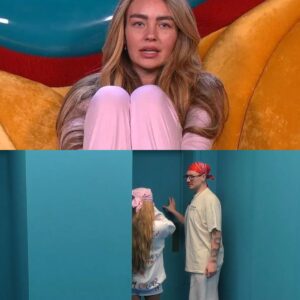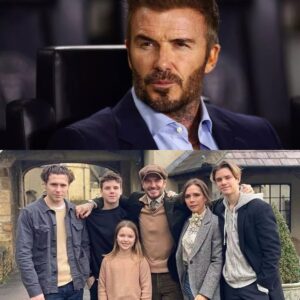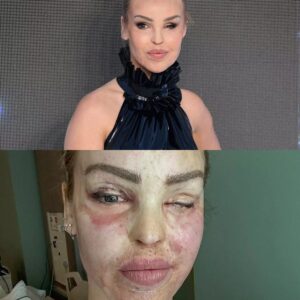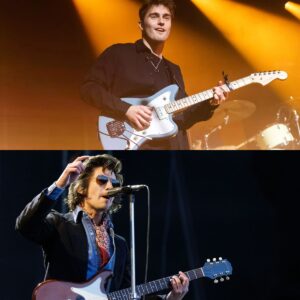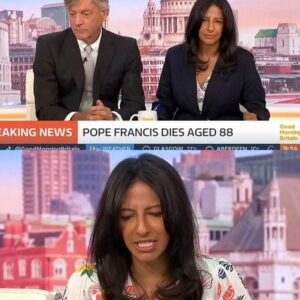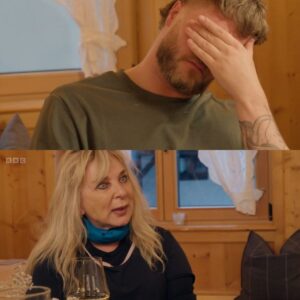Prince William attended the wedding of his close friend, the Duke of Westminster, at Chester Cathedral today, notably without his wife, the Princess of Wales. This high-profile event saw the Duke, whose real name is Hugh Grosvenor, marry his fiancée Olivia Henson. William, a close friend of Hugh’s, played the role of usher at the ceremony. This friendship is significant enough that William and Kate chose Hugh to be one of the godparents for their eldest son, Prince George.
However, Kate did not join William at the wedding due to her recovery from a cancer diagnosis and subsequent preventative chemotherapy treatment earlier this year. This health battle has understandably kept her away from public appearances and significant events as she focuses on her recovery.
The absence of Prince George, too, can be attributed to the timing of the wedding, which took place on a weekday during school term. As a result, George remained at school rather than attending the wedding of his godfather.

The wedding also highlighted the ongoing and publicized rift within the royal family, particularly between Prince William and his brother, Prince Harry. Despite Harry’s close relationship with the Duke of Westminster, who is also the godfather to Harry’s son, Prince Archie, Harry and Meghan Markle were absent from the ceremony.
The strained relationship between the brothers has been well-documented, with relations reportedly at a low point. According to The Times, Harry had been invited to the wedding, but during a phone call with the groom, he and Hugh reached a “civilised understanding” that he would not attend. This decision was made to avoid any potential overshadowing of the wedding day due to the royal family feud and to ensure that William could fulfill his duties as usher without any complications.
Reports suggest that Hugh Grosvenor had initially hoped to have both William and Harry at his wedding. However, understanding the complexities and the unlikely chance of the brothers reconciling before the event, he agreed to a compromise. A source informed the Sunday Times that Hugh has maintained strong bonds and open lines of communication with both princes despite their falling out.
He expressed a desire for them to resolve their issues but recognized that his wedding day was not the appropriate time for such reconciliation. Hugh’s priority was to ensure the focus remained on his bride, Olivia, and to prevent any potential awkwardness or media frenzy that might arise from the presence of both princes.
In addition to her absence from the wedding, Kate will also miss the final dress rehearsal for the King’s birthday celebrations, known as The Colonel’s Review, which takes place tomorrow at Horse Guards Parade. As colonel-in-chief of the Irish Guards, Kate traditionally takes the salute at this event. Palace sources have indicated that the Princess of Wales will not return to her official duties until she receives the all-clear from her doctors.

Consequently, any appearances she makes at royal events in the near future will be sporadic at best. Nonetheless, there is a possibility that Kate might make an appearance at the Trooping the Colour ceremony on June 15, depending on her health status. She is considering joining the Buckingham Palace balcony following the ceremony if she feels well enough to do so.
This series of events underscores the impact of personal health and familial relationships on public duties and appearances. Kate’s health concerns have naturally taken precedence, demonstrating the royal family’s prioritization of well-being over ceremonial obligations. Similarly, the decision-making around Harry and Meghan’s attendance at the wedding reflects the delicate balance of maintaining personal relationships and managing public perceptions amidst familial disputes.
The Duke of Westminster’s efforts to accommodate both William and Harry highlight the complexities of navigating friendships within the context of royal dynamics. As the royal family continues to manage these challenges, the public remains observant of how personal and public lives intersect within the monarchy.
